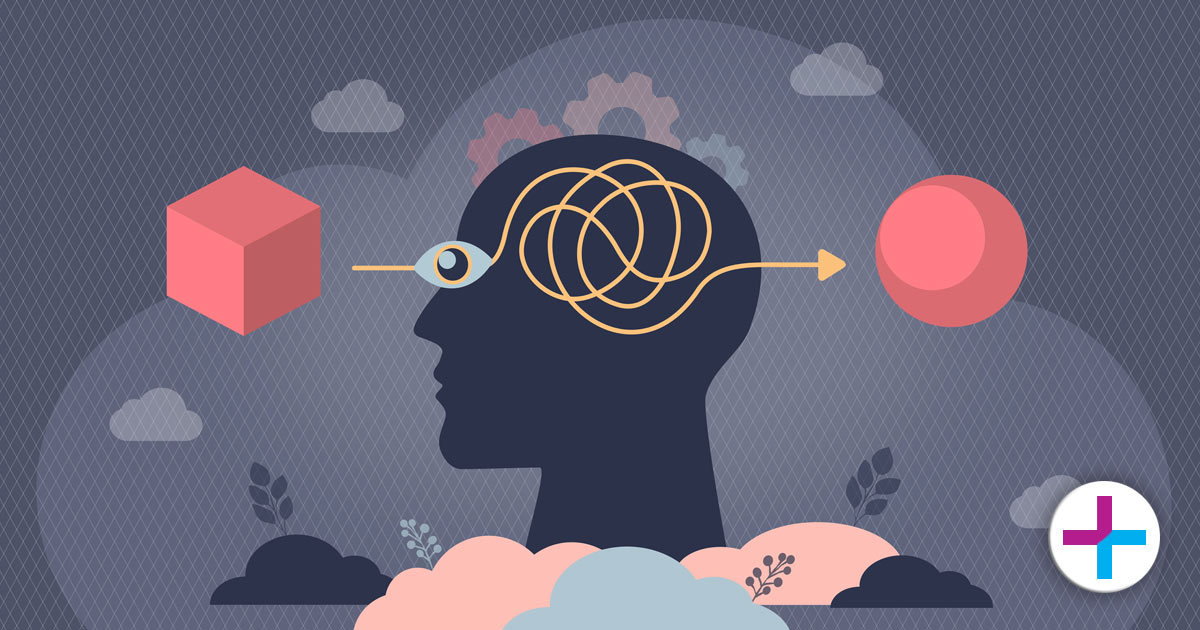
Self-care is the practice of intentionally engaging in activities that positively impact mental, physical and emotional well-being. This practice has a direct correlation to mental health. For instance, self-care techniques can help create healthy coping mechanisms for unavoidable stressors in everyday life. In turn, practicing these techniques can soothe negative symptoms of mental illness or help you relax.
It’s important to note that not everyone practices self-care the same way. To effectively practice self-care for your mental health, self-awareness is important; it can help you recognize when you’re experiencing certain emotions or worsened symptoms of a mental illness. Once you know your common triggers and symptoms, you can find the best self-care techniques.
Here are some ideas for how to practice self-care:
- Eat a balanced diet and stay hydrated. Not only do the foods and drinks you consume impact your mood, but they also fuel your body with the nutrients it needs.
- Prioritize movement; physical activity can help you cope with stress. It’s even better to do the activity outside, as spending time in nature can boost your mental health.
- Practice healthy sleep habits (e.g., stick to a schedule, get enough quality sleep and avoid devices before bedtime) and make time for rest and recharging.
- Connect regularly with friends and family who encourage and support you.
- Pamper yourself by watching your favorite TV show, taking a bubble bath or reading a book.
- Find ways to relax, including meditating, practicing yoga, breathing exercises or journaling.
- Set self-care goals and priorities to help you better understand what triggers certain symptoms and what coping mechanisms work best for managing your mental health.
Self-care looks different for every person since it involves doing things you enjoy or need. The goal is to try to do something you enjoy every day. While self-care is not a cure for mental illness, it can help you understand what triggers certain symptoms and what coping mechanisms best manage your mental health.
If you have concerns, talk to your doctor or a mental health professional.


